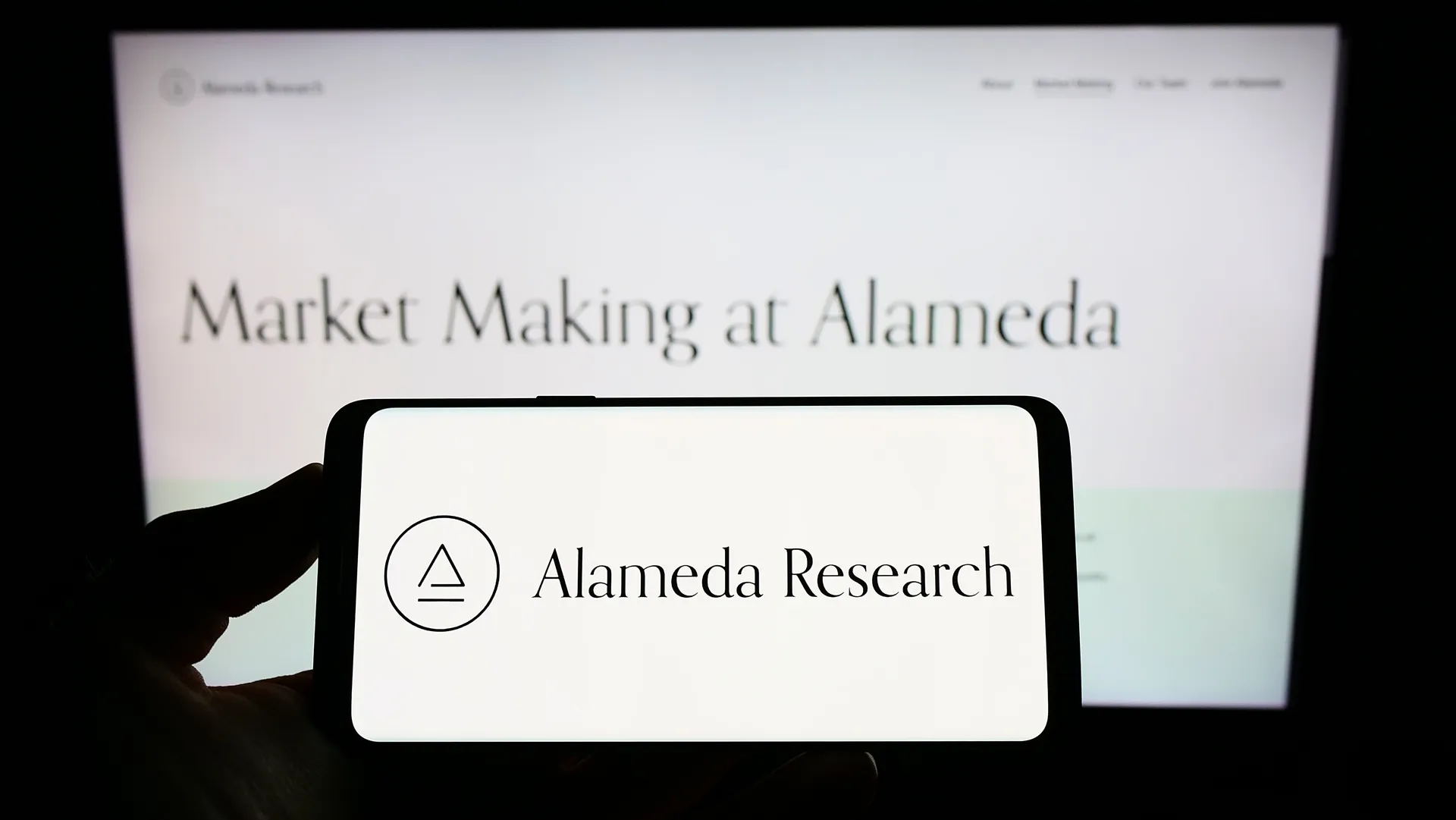What is Alameda Research? Sam Bankman-Fried’s secretive proprietary trading firm is major DeFi investor
Alameda was used by Sam Bankman-Fried to channel $546m to buy stock in Robinhood Markets
Quantitative cryptocurrency trading firm Alameda Research has been identified by Sam Bankman-Fried, the business’s founder, as the funding source behind the purchase of $546m of stock in Robinhood Markets (HOOD).
According to documents filed by Bankman-Fried with the Eastern Caribbean Supreme Court, he and Gary Wang, co-founder of the FTX crypto exchange with Bankman-Fried, borrowed $546m from Alameda.
This was used to capitalise a Bankman-Fried holding company, Emergent Fidelity Technologies, that acquired just over 56.2 million shares in HOOD.
The latest detail shines further light on the business activities of Alameda, which along with FTX and 134 other corporate entities, filed for Chapter 11 voluntary bankruptcy on 11 November 2022.
Robinhood Markets (HOOD) share price
Major DeFi investor based in Hong Kong
Alameda Research was founded by Bankman-Fried, known to the crypto world as SBF, in October 2017 and was a major decentralised finance (DeFi) investor. The Hong Kong-headquartered private equity firm has made more than 222 investments, according to Crunchbase.
The collapse of Alameda came after a leaked balance sheet revealed that the company’s books relied heavily on the FTX token (FTT) issued by the crypto exchange FTX.
On Monday 28 November, crypto lender BlockFi filed for bankruptcy. On the first day of its court hearing, it was revealed by attorney Joshua Sussberg that Alameda Research and FTX owed BlockFi around $1bn – approximately $671m on a defaulted loan to Alameda, and more than $355m in frozen funds on the FTX exchange.
On 2 December 2022, the Financial Times reported that Alameda stepped in for FTX last year to the tune of $1bn, after a customer incident on the platform – further evidence of how the companies did not act separately.
FTX token (FTT) to US dollar
Crypto empire melted
Alameda’s relationship with SBF’s crypto exchange FTX has been at the centre of scrutiny after CoinDesk published Alameda’s balance sheet, revealing that 40% of the company’s assets were denominated in the FTT token.
The revelation that Alameda largely depended on its sister firm’s token rather than fiat currency or third-party cryptocurrencies sparked large numbers of investors to flee FTX and FTT and the company was unable to keep up with client withdrawal requests.
Binance backed out of takeover after due diligence
Rival cryptocurrency platform Binance had originally agreed to help FTX with what it called a “liquidity crunch” and take over the embattled business. However, Binance later back-tracked on the non-binding deal.
“As a result of corporate due diligence, as well as the latest news reports regarding mishandled customer funds and alleged US agency investigations, we have decided that we will not pursue the potential acquisition of FTX,” said Binance in a tweet on 9 November.
Two days later, FTX and Alameda filed for Chapter 11 voluntary bankruptcy in Delaware and FTX founder and CEO Sam Bankman-Fried resigned from his role. The filing document also revealed that FTX and Alameda’s liabilities each ranged between $10bn to $50bn.
Alameda’s DeFi investment
Alameda was a big DeFi investor. According to Crunchbase, the company made 222 investments in the five years of its existence.
These include several capital injections for firms working on DeFi solutions. On 8 November, fintech and software company Fordefi announced it had raised $18m for the launch of an institutional DeFi wallet from Alameda and other investors.
“DeFi transactions are much more complex than simple asset transfers, and that’s the key to DeFi’s exciting new opportunities,” Fordefi’s co-founder Dima Kogan commented.
Tokens of Alameda-backed DeFi projects stuck on FTX
But other Alameda DeFi investee projects have felt the pain of their backer’s troubles.
Following Alameda’s bankruptcy, DeFi projects Oxygen and Maps.me, which had received tens of millions of dollars from Alameda last year, now have more than 95% of their token supply stuck on the defunct FTX platform.
“Whilst FTX Group did not hold any equity in the MAPS or Oxygen businesses, it did hold a significant proportion of MAPS/Oxy tokens,” the projects said on 15 November 2022.
“It also acted as custodian for over 95% of the overall supply of our ecosystem tokens – both locked and unlocked.”